
The Top Vitamins and Supplements for Fertility
Photo from Getty Images
Originally Posted On: https://compoundingrxusa.com/blog/fertility-vitamins-supplements/
Maintaining excellent health is one of the most crucial components of fertility for every woman. That means that one of the best ways to boost your fertility may be by ensuring your hormones, vitamins, and nutrients are at optimal levels.
Here’s what you need to know about vitamins and supplements formulated especially for women to boost fertility or otherwise boost your overall health.
How Can a Woman Boost Her Fertility?
You’ve likely heard that one of the most critical parts of pregnancy actually occurs before fertilization. In fact, your health at this and all stages of pregnancy is crucial. Your body needs to be in the best shape possible to not only achieve pregnancy, but to maintain the pregnancy and care for you and baby at once. Because good health can contribute to fertility, there are a few different ways you can improve your health to boost your fertility.
“Regardless of what kind of hormonal imbalance you have, your doctor will likely recommend beginning with specific supplements to help.”
1. Take Vitamins and Supplements
Research has found that women’s fertility can improve when women are consuming proper levels of all the necessary vitamins and nutrients. Simple things like making sure you are consuming the appropriate amount of antioxidants can not only increase your fertility levels but also shorten the time in which it takes for you to get pregnant.[1] Iron, calcium, B vitamins, vitamin C, vitamin D, and more can all be supplemented in an effort to improve your health and boost fertility. By making sure your body is getting the vitamins and nutrients it needs before trying to get pregnant, you can improve your outcome when it is finally time.
2. Eat a Healthy Diet
Many people don’t realize how much their diet impacts their potential fertility. Over the past decade, research in this field has only grown, and significant links have been found between women’s diets and their abilities to get pregnant, as well as men’s diets and their fertility levels.[2]
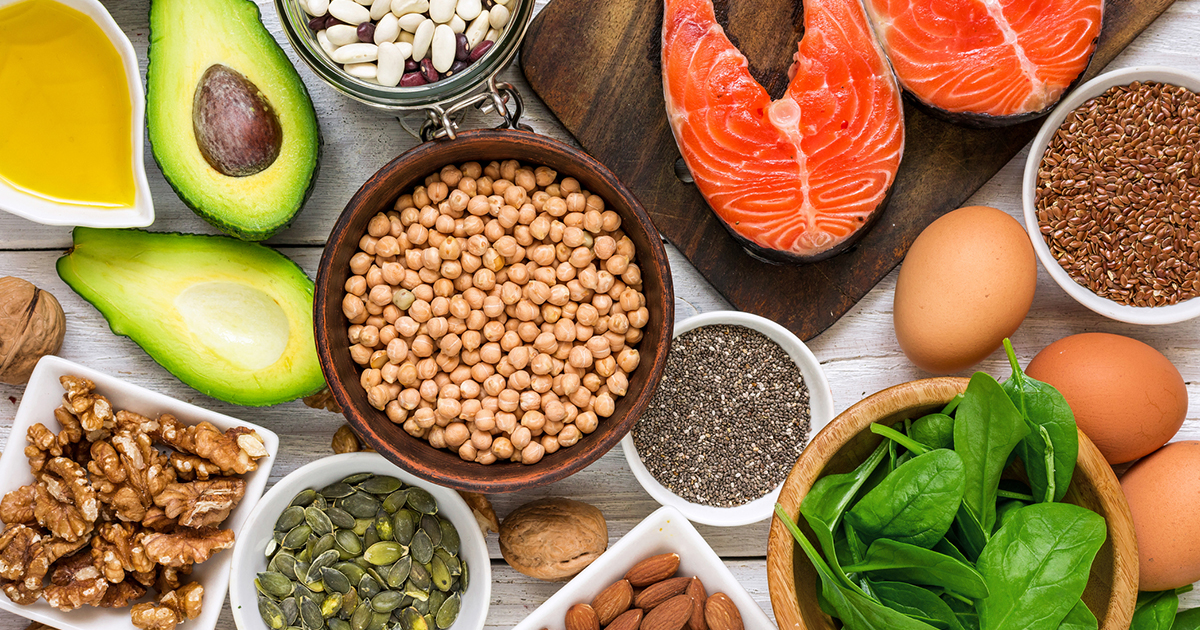 Photo from Getty Images
Photo from Getty Images
When a body is deficient in a certain nutrient, like Omega 3 fatty acids, fertility levels may be reduced. Because of this, it’s essential to ensure you are eating healthy and incorporating a variety of foods into your diet. Developing a diet in which you’re getting the correct levels of vitamins, nutrients, and antioxidants is crucial when trying to get pregnant.
3. Schedule a Hormone Checkup
Your hormones play a massive role in your fertility profile, which is why it’s essential to have them regularly examined. With hormones that aren’t at the correct levels, it can be much harder to get pregnant. Thyroid hormones, for example, play a massive role in helping your body’s reproductive system function properly.[3] This means that if your thyroid hormones are off, your fertility levels and overall health might be struggling too.
This profile provides a thorough evaluation that can identify many problems related to hormone imbalances associated with infertility. Results can be expected 5-7 business days after the test is received.
Fertility Profile Test
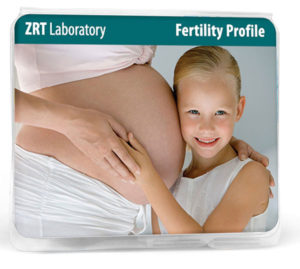
Getting your hormones checked before you attempt to get pregnant can help you identify if there are any imbalances and whether there are vitamins, nutrients, or medications you need to take in order to fix them. Many women perform menstrual cycle mapping to evaluate their hormone levels over the course of an entire menstrual cycle to pinpoint the cause of reduced fertility and identify an effective treatment.
When hormone testing conducted on a single day during the luteal phase doesn’t provide enough diagnostic information, a month-long hormone assessment can be helpful. This detailed, multi-point map provides a complete picture of a woman’s levels over the course of one menstrual cycle resulting in the ability to create more precise treatment plans. Results can be expected 5-7 business days after the test is received.
Menstrual Cycle Mapping
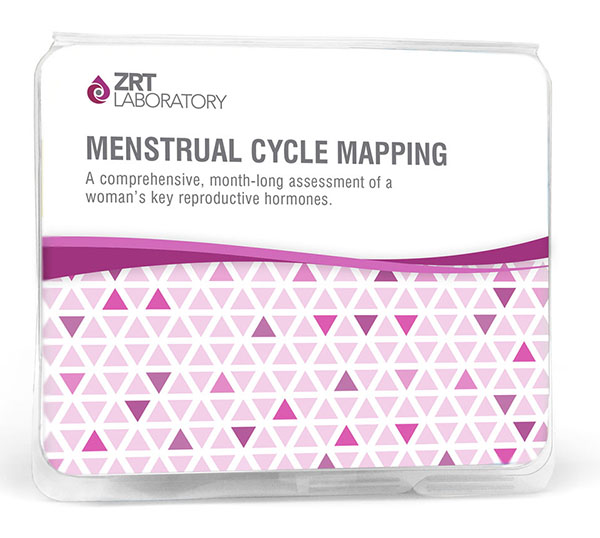
How Can a Woman Improve Her Egg Quality?
Another important question involves how a woman can improve her egg quality. In fact, egg quality can be improved in the same manner in which you boost your fertility – by taking care of your overall health. Your health should be your top priority when trying to become pregnant. To work on improving your egg quality, simple things like changing to a healthier diet, staying active, and not smoking can all play a role.
Managing your stress is another essential aspect of trying to boost your fertility and improve your egg quality. With too much intense stress, it can be hard for your body to function properly, let alone improve egg quality or maintain a pregnancy. Supplementing necessary vitamins and other nutrients is also crucial so your body has the right materials to work its best
What Is the Best Fertility Supplement to Get Pregnant?
If you’re wondering what is the best vitamin for female fertility, it can be hard to narrow down. Determining which vitamins and supplements you’ll need depends on your diet, your body, and your unique nutritional needs. However, there are a few vitamins and supplements research has found to boost fertility in women.
Acetyl L-Carnitine
Unless you’ve already done a great deal of your own fertility research, you may have never heard of this substance before. Acetyl L-carnitine (ALC) is a naturally occurring amino acid, similar to its partner L-carnitine (LC), which contains antioxidants known to assist with fertility in females.[4] It has also been found to help women combat symptoms of PCOS, endometriosis, and amenorrhea, all of which commonly have negative effects on fertility. Acetyl L-Carnitine can be supplemented into your daily routine to help increase chances of pregnancy and promote a healthier reproductive system.
B Vitamins
The B vitamins play a vital role in creating optimal fertility levels and an overall healthy you. If you’re looking for B vitamins that will specifically help with fertility, try these:
-
B9 (Folic Acid)
Folic acid is often known as an essential vitamin for anyone that is already pregnant, but it can also be just as helpful for those who are trying to conceive. Folic acid has been found to increase conception success, improve pregnancy viability, and even improve sperm quality in men. Studies have also found that taking folic acid consistently throughout a pregnancy may lower chances of defects on the developing baby.[5]
-
B6
B6, along with some of the other B vitamins, has been found to increase egg and fertility health in women. A study on mothers who have experienced miscarriages found that extra B6 supplementation can improve pregnancy outcomes.[6] Recent research has also seen that B6 can increase progesterone levels as well as help regulate the production of hormones.
-
B12
B12 is another vitamin that has proven to be helpful in both male and female fertility. In women, low B12 levels have been linked to poor fertility and even pregnancy issues. By supplementing B12 in your diet, you can help combat fertility issues and even see better results in fertility treatments.[7] In men, sperm quality and count were seen to increase greatly when vitamin B12 was taken regularly. When taken with other B vitamins, like B6, both vitamins’ attributes are enhanced, helping increase the overall health of your reproductive system together.
Coenzyme Q10
Coenzyme Q10 (CoQ10) is an amazing substance with which to supplement when trying to boost your fertility. CoQ10 has been found to not only increase fertility levels in women, but it also improves sperm motility and concentration in men, too.[8] CoQ10 may help to improve the reproductive response in women, which can help ensure fertility treatments are at their most effective. This improved success rate may be because CoQ10 appears to thicken the uterine lining, which is often a cause of infertility in women. Helping the uterine lining thicken could help women achieve pregnancy more easily and improve the pregnancy’s chances at viability.
Vitamin C
Vitamin C is one of the most well-known vitamins out there, whether you’re trying to get pregnant or not. It’s also one of the most important for women trying to conceive. Not only is vitamin C an antioxidant that helps you keep a healthy immune system, but it can also play a major role in assisting your body’s reproductive system. For both males and females, vitamin C can help to regulate your reproductive system and fight cellular damage quickly. It has also been found to assist in balancing women’s ovulation cycles and assisting with iron absorption, both of which can impact fertility levels.[9]
Vitamin C
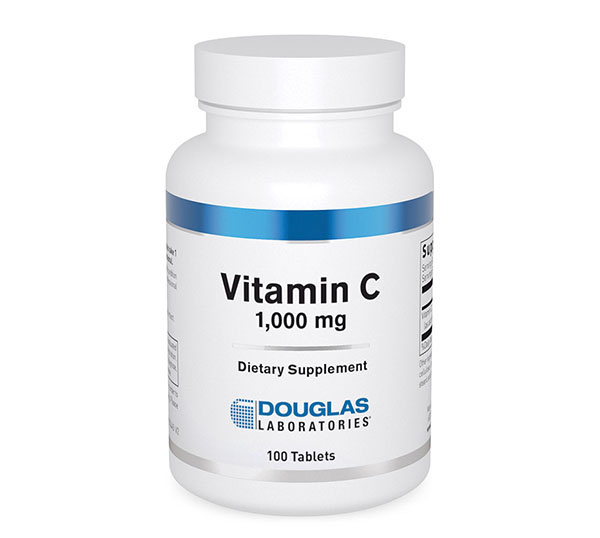
Omega 3 Fatty Acids
Omega 3 fatty acids are best known for being prevalent in many fatty types of fish. In fact, that’s why fish oil supplements have earned a stellar reputation for people of all ages. Omega 3 fatty acids have been found to have a positive impact on both the male and female reproductive systems, improving egg and sperm quality and increasing the success rates of fertility treatments.[10] For this reason, physicians often recommend omega 3 fatty acids for women over 35.
Can I Get Pregnant with a Hormonal Imbalance?
While dealing with a hormonal imbalance can be daunting in and of itself, it can seem like a significant roadblock when you are trying to conceive. However, achieving pregnancy is certainly not out of the question. Many women struggle with hormonal imbalances without even realizing it, and most women will experience an imbalance at some point in their lives. Because of this, there is a great deal of research and methods that can be used to help combat hormonal imbalances and help your body work to the best of its ability.
One of the smartest things you can do to work on your fertility when you have a hormonal imbalance is to seek treatment. A medical professional will be able to identify the kind of hormonal imbalance you have and help you determine the next steps to fix it. Sometimes a hormonal imbalance can simply be solved by a change in diet and lifestyle.
Other times, hormone therapy will be necessary. Regardless of what kind of hormonal imbalance you have, your doctor will likely recommend beginning with specific supplements to help. In particular, supplements like chaste tree berry (chasteberry) may be recommended to increase progesterone or luteinizing hormones (LH) or suppress prolactin and improve ovulation.[11]
Chaste Tree
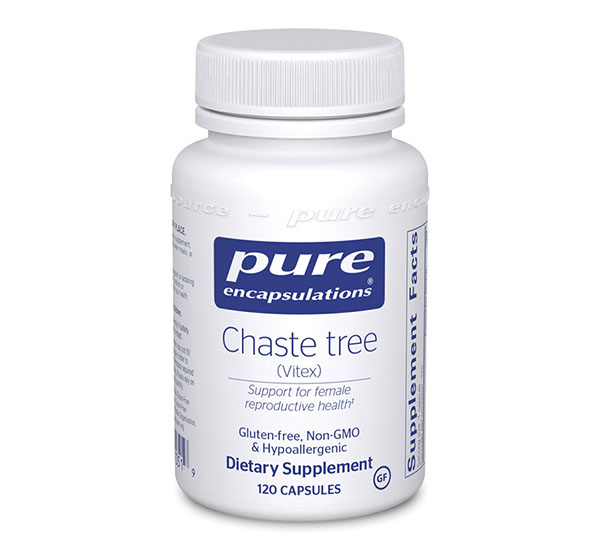
Do Fertility Supplements Really Work?
 Photo from Getty Images
Photo from Getty Images
Maintaining overall good health is the best way to promote female fertility, but that does not mean that you should overlook your doctor’s recommendations for specific vitamins and supplements. A number of different nutrients affect hormones and influence reproductive processes in complex ways, and there may be some specific situations that require additional intervention.
That said, most women can safely stick with a standard multivitamin to help support their reproductive health. If you want to use an at home kit to learn more, try our Fertility Profile Test Kit. This profile provides a thorough evaluation that can identify many problems related to hormone imbalances associated with infertility. Results can be expected 5-7 business days after the test is received.
